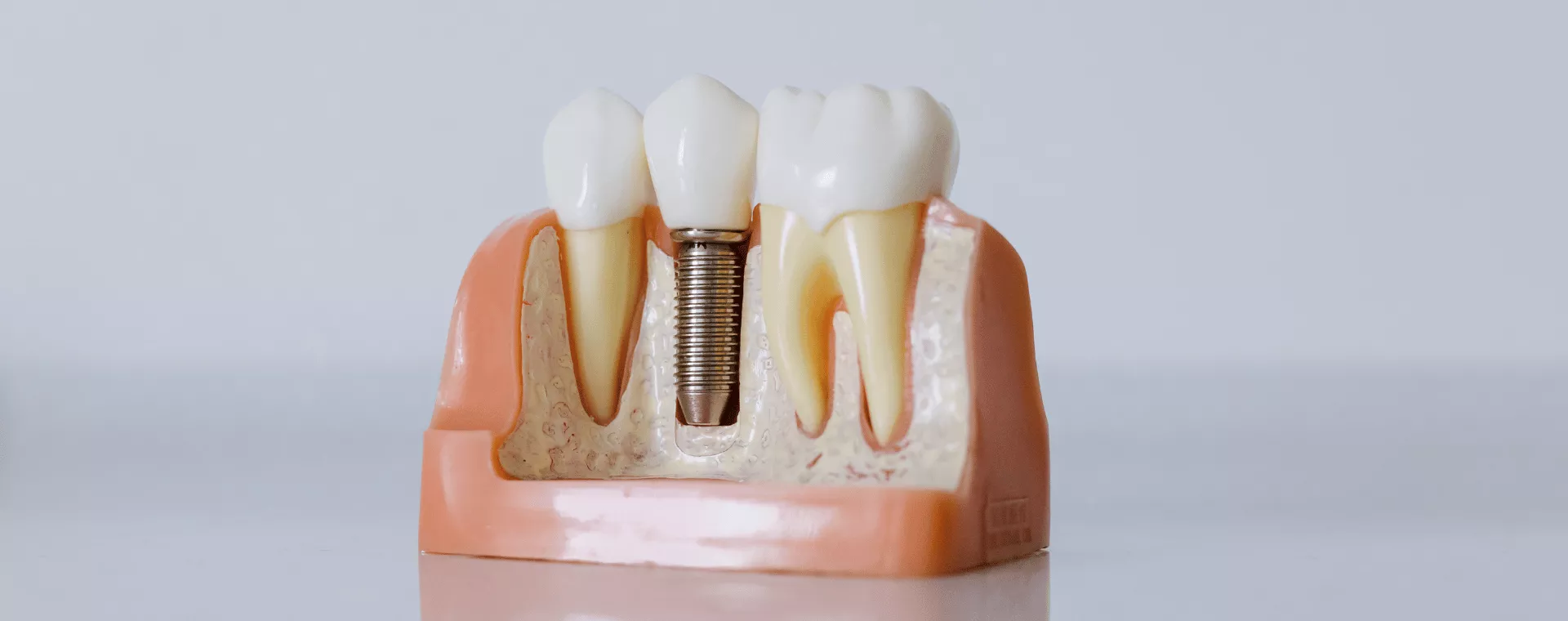
Implants are a great, permanent way to address the health and cosmetic issues associated with missing teeth. Once your implant is healed, it will be strong enough to last you a lifetime. But first, you and the Arvada Implants Center team need to make sure the healing process works out according to plan.
Medication
As soon as the numbness begins to wear off after your procedure, take something for the pain. Depending on individual sensitivity to both pain and painkillers, some patients prefer to use the medications prescribed by our office immediately, while others prefer to start with a familiar over-the-counter option, such as Tylenol, before escalating to prescription-strength medication if necessary.
Do not wait for the pain to become overpowering before taking anything. This often results in needing more medication to bring the pain under control.
Never exceed the daily maximums for any medication, mix medications without a doctor’s approval, or operate heavy machinery (including cars) while using an unfamiliar prescription medication.
If you have also been prescribed antibiotics, take the complete course according to the prescribed schedule, no matter how smoothly your recovery goes.
Avoid taking any medication on an empty stomach unless specifically instructed to do so.
Wound care
The site around a fresh implant is a surgical wound and should be treated as such.
On the first day, do not disturb the site at all, even to brush or rinse. The one exception is if the wound begins to bleed or leak fluid. This is common within the first 24 hours. If it happens, bite down on some sterile gauze, and the bleeding should stop within 30 minutes.
For the next several days, continue to be very gentle with the area, and avoid creating any suction in your mouth, such as by smoking or using a drinking straw.
Hygiene
After the first day of healing, return to brushing the rest of your teeth, avoiding the implant area.
To keep the surgical site clean, you will need to rinse your mouth gently with a warm saline mixture several times a day, including after each meal or snack. One teaspoon of salt per cup of warm water is ideal for this.
You may also receive prescription mouthwash to be used twice a day, in addition to saline rinses.
Swelling
It’s very common to experience swelling after dental surgery. This side effect is usually nothing to worry about and will subside after about three days.
In the meantime, applying ice to the outside of the cheek can reduce both swelling and pain. Be sure to wrap the ice in a cloth or paper towel and give your skin a 15-minute break after every 15 minutes of icing.
Eating and drinking
Start with water, fruit juice, and other liquids served at room temperature. Preventing dehydration after dental surgery takes effort, but it’s vital to your healing process and your overall wellbeing.
After the first day, as long as the bleeding has stopped, you can begin adding soft foods, like pudding, applesauce, or eggs, as soon as you feel comfortable.
Fully healing from a dental implant can take up to six months for a healthy person, but most patients are able to resume normal eating habits within two or three weeks.
If you experience any unusual symptoms, or symptoms that are unusually intense, long-lasting, or unresponsive to these recommended steps, don’t hesitate to call our office. Recovery support is an essential part of dental care, and we’re here to provide it.
